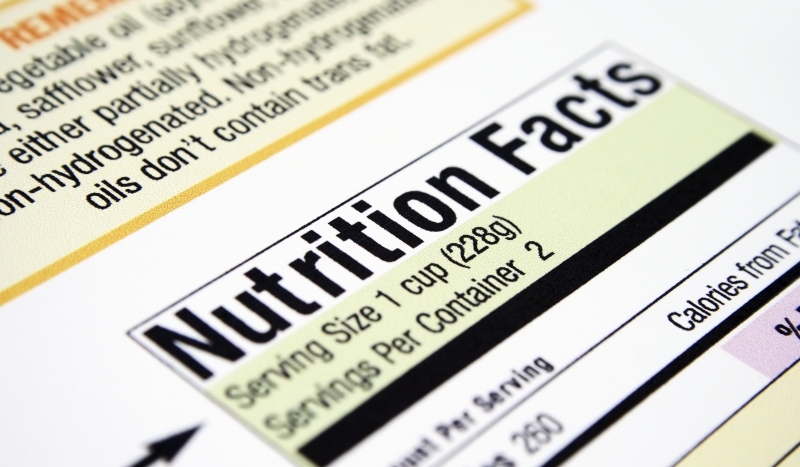Digestive System

This is when you realise what a complex but superb digestive system we have and how it functions.
How does it work.
Our digestive system utilises a range of organs, from the mouth to the anus, to break down and process food and provide the body with nutrition.
A series of hollow organs, the digestive tract works to break down food and drink are broken down into tiny parts the body can use to nourish our cells and provide energy.
What makes up our digestive system.
The organs of the digestive tract are:
- Mouth
- Oesophagus
- Stomach
- Small intestine
- Large intestine (colon)
- Rectum
- Anus
These organs are lined with mucosa, which contain tiny, juice producing glands that help to digest food.
What other organs get involved and why.
In addition, there are many other parts of the body involved in the process the liver and the pancreas both produce digestive juices, which are stored in the gallbladder until they are needed by the intestine.
Finally, both the nervous and circulatory systems play major roles in processing our food.
Why is all of this necessary? Quite simply, the food we eat is not in a form that the body can use for nourishment. It must all be broken down into smaller molecules of nutrients before it can be absorbed into the blood and used to nourish and fuel the body.
This complex process begins when we chew and swallow our food, and isnt completed until the intestines extract the last of the nutrients.




